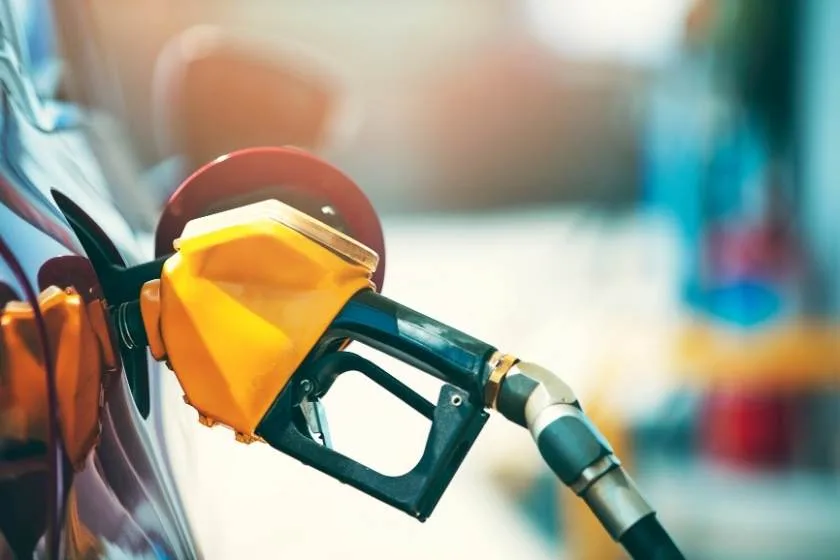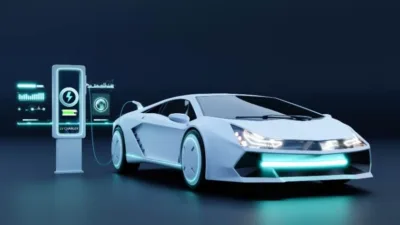Fuel economy is a very important issue today, both in terms of environmental sustainability and individual cost savings. Due to rising fuel prices and environmental impacts, car owners desire their vehicles to run more efficiently and consume less fuel. Saving fuel not only benefits your wallet, but also our planet. Therefore, there are some strategies and techniques you can apply to reduce your vehicle’s fuel consumption. In this article, we will cover fuel saving tips specifically for petrol and diesel (diesel) vehicles.
Fuel Saving In Gasoline Vehicles
Fuel consumption of petrol vehicles can be a significant cost item, especially in heavy traffic and city driving. However, you can reduce fuel consumption with the following strategies:
- Speed Control and Cruise Control: High speeds result in increased fuel consumption. For example, travelling at 80 km/h and accelerating to 100 km/h can increase fuel consumption by up to 20%. Therefore, try to keep your speed as constant as possible and avoid unnecessary acceleration.
- Gear Changes: Shifting gears at high rpm increases fuel consumption. Research shows that the engine operates more efficiently at low rpm. Upshifting at the lowest possible speed improves fuel economy.
- Regular Vehicle Maintenance: Regular maintenance of your engine maximises fuel efficiency. For example, a clogged air filter can cause the engine to consume 10 per cent more fuel. Regular oil changes and cleaning the air filter allow the engine to run more efficiently.
- Optimising Tyre Pressure: Underinflated tyres can increase fuel consumption by as much as 3% by increasing resistance. Avoid this extra fuel consumption by keeping your tyres at the manufacturer’s recommended pressure.
- Reducing Weight and Wind Resistance: Removing unnecessary loads from the vehicle and not using accessories that increase aerodynamic resistance saves fuel. For example, an empty roof box can increase the fuel consumption of the vehicle by 2-8%.
Fuel Saving In Diesel Vehicles
Although diesel vehicles generally have better fuel economy, additional measures can be taken to save fuel:
- Wait for the Engine to Warm Up: Diesel engines work more efficiently after warming up. Running at high speed in a cold engine increases fuel consumption. You can save fuel by waiting for the engine to warm up and then avoiding high revs.
- Avoid long idling periods: Running the engine unnecessarily means a fuel-inefficient consumption. If you are not going to use your vehicle for a long time, switch off the engine.
- Aerodynamic Improvements: Excess loads on the vehicle and accessories that increase wind resistance can significantly increase fuel consumption. If possible, reduce aerodynamic resistance by removing such accessories.
- Adapt to Road and Traffic Conditions: Smooth and predictable driving is an important factor in fuel economy. Instead of sudden acceleration and braking, adapting to the traffic flow prevents unnecessary fuel consumption.
- Apply Advanced Driving Techniques: Eco-driving techniques save fuel for both petrol and diesel vehicles. For example, using the engine brake instead of putting the gear into neutral on downhill slopes can save fuel.
Fuel savings can be achieved by making a wide range of changes, from driver habits to vehicle maintenance. By following these tips, you can both save your budget and reduce your impact on the environment.









